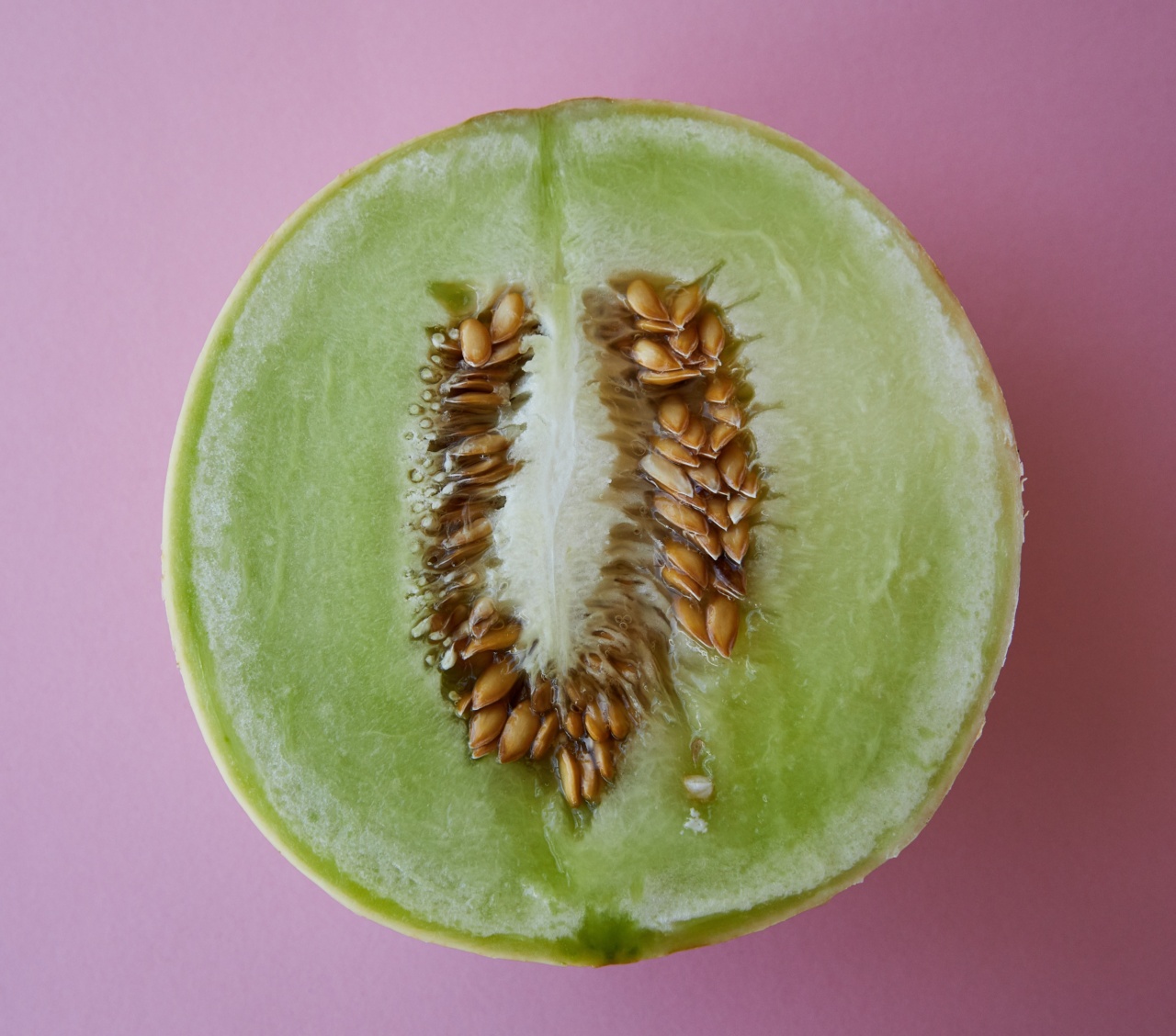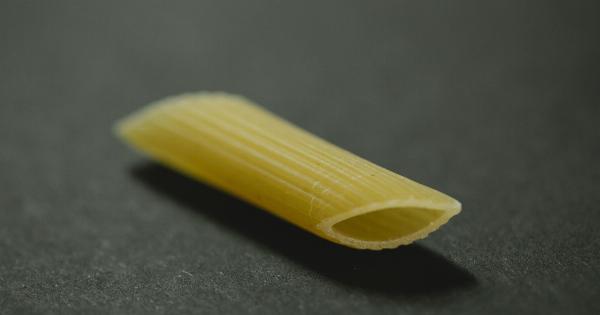There is no doubt that adhering to a healthy and balanced diet is important for overall health and wellbeing.
However, did you know that certain trace elements are crucial for maintaining proper fertility? One of these vital trace elements that often gets overlooked is selenium. In this article, we will explore the importance of selenium for fertility and how you can ensure you are getting enough of it in your diet.
What is Selenium?
Selenium is a trace element that is found in soil, water and some foods. It is a powerful antioxidant that helps protect cells from damage caused by free radicals.
Selenium plays a critical role in the human body by regulating thyroid function, reducing inflammation, and supporting immune health. It is also associated with good reproductive health and fertility.
Selenium and Fertility
Selenium is known to play a vital role in sperm formation and motility. Studies have shown that low levels of selenium in semen could lead to decreased sperm count and quality, which can reduce the chances of conception.
In women, selenium may be involved in the development and maturation of eggs, making it essential for reproductive health in both men and women.
Selenium Deficiency
While selenium deficiency is rare in the United States, certain groups of people may be more susceptible than others.
This includes individuals with digestive disorders that impair nutrient absorption, those undergoing kidney dialysis, and individuals with HIV. In addition, people who follow a vegan or vegetarian diet may not get enough selenium as it is predominantly found in animal-based foods.
Selenium Rich Foods
The good news is that selenium can be found in a variety of foods, including both plant-based and animal-based sources. Some of the best sources of selenium include:.
- Brazil nuts
- Tuna
- Oysters
- Beef
- Chicken
- Eggs
- Chia seeds
- Sunflower seeds
- Whole grain bread
It is important to note that the amount of selenium in food can vary depending on the soil content where the plant or animal was grown or raised. In addition, cooking, processing, and refining can also affect the amount of selenium present in the food.
Selenium Supplements
In addition to food sources, selenium supplements are also available in the form of tablets or capsules. It is important to speak to a healthcare provider before taking any supplements as taking too much selenium can be harmful.
The recommended daily intake of selenium for adults is 55 mcg per day, but this can vary depending on age, sex, and other factors.
Conclusion
In conclusion, selenium is a vital trace element that is essential for reproductive health and fertility. While selenium deficiency is rare, it is important to ensure that you are getting enough of this nutrient in your diet.
By consuming a variety of selenium-rich foods and speaking with your healthcare provider about possible selenium supplementation, you can take steps towards optimizing your fertility health.






























